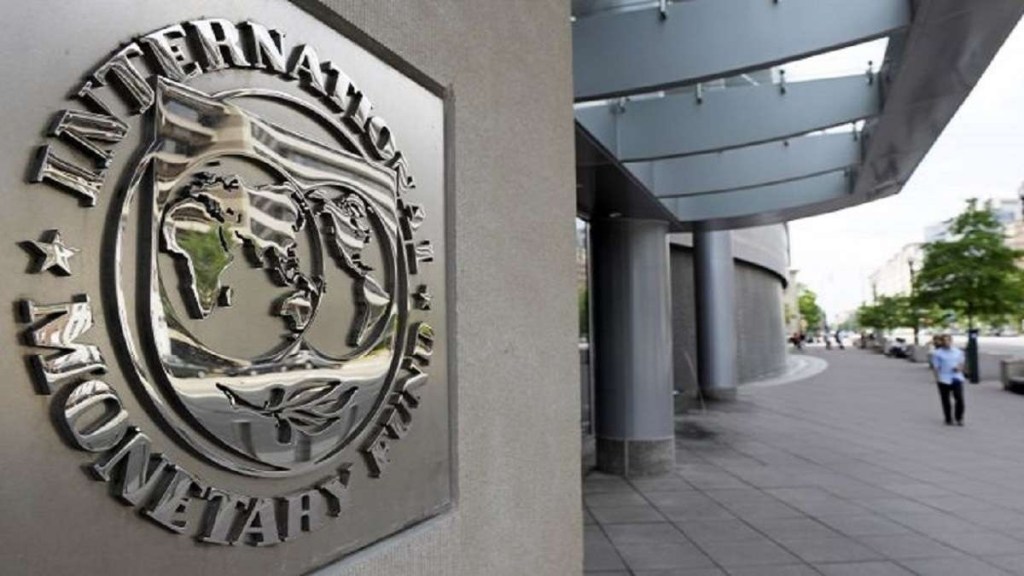Stating that the Centre has initiated several bold reforms in the last decade to boost the economy, Krishnamurthy Venkata Subramanian, executive director at International Monetary Fund on Monday urged the states to pitch in too. This, he said, is necessary for India to achieve $55 trillion economy by 2047.
“We put the onus of reforms on the central government, while in a federal structure, states have a vital role in boosting the economy,” Subramanian said at Indian Express Idea Exchange. He said out of several critical factors required for boosting manufacturing – land, labour, capital, power, logistics and increasing the scale of operations – most fall in states’ ambit, while only capital or financing is in the domain of the Centre.
In his latest book – India@100: Envisioning Tomorrow’s Economic Powerhouse – Subramanian projected Indian economy could grow 16 times in the next 25 years with “sound economic argument.” He cited examples of Japan whose economy grew by 25 times during 1970-1995 to $ 5.1 trillion. Similarly, the Chinese economy expanded by 22 times during 1996-2021.
India’s GDP was $3.25 trillion in 2023. It is is likely to double every six years in the next 24-25 years, Subramanian said.
Despite Covid, and Ukraine war resulting in supply-side challenges, the advanced economies faced inflation 2.5 to 4 times more than the historical trend, while India had inflation of 5% compared to 7.5% earlier.
According to Subramanian, who was chief economic adviser between December, 2018 to December, 2021, three key factors that would drive the economic growth are formalisation of economy, formalised sector catching up with the productivity level of global economy and creation of credit.
“Around two-thirds of the Indian economy is still in the informal sector, the first driver would be formalisation of the economy which would boost productivity,” he noted. He stated that 90 million jobs have been created in the last decade while there has been a “negative narrative” against lack of job creation.
On the possibility of a coalition government at the centre impacting the speed of reforms, he said that the major economic reforms in 1991 were carried out by coalitions.

